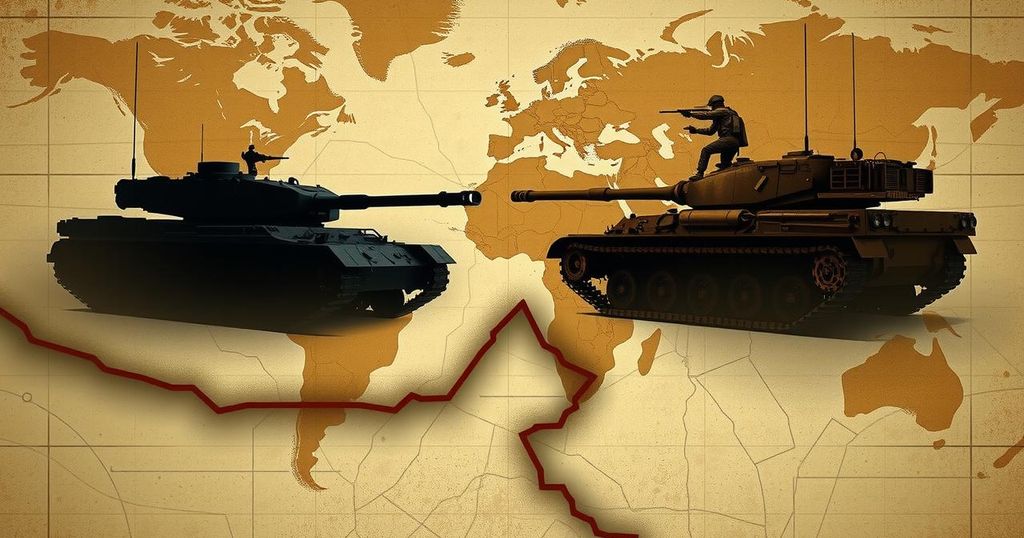Ukrainian President Zelenskyy indicated that North Korea may send 20,000 to 25,000 additional troops to Russia amidst high casualties. Currently, around 4,000 of the 12,000 deployed in Kursk have been killed or wounded. North Korean forces have reportedly ceased combat participation due to their losses, raising concerns about their treatment and the consequences of their combat training.
Ukrainian President Volodymyr Zelenskyy has reported that North Korea could potentially dispatch an additional 20,000 to 25,000 troops to Russia, amidst concerns over the heavy casualties their current soldiers face. Approximately 4,000 of the 12,000 North Korean troops sent to assist Russia in the Kursk region have reportedly been killed or wounded during the conflict against Ukraine. Zelenskyy emphasized that this additional troop deployment has not yet occurred according to various information sources.
In January, South Korean military officials indicated that North Korea was intensifying preparations to send more forces to Russia due to the increasing number of casualties. Ukraine believes the reinforcements would largely involve missile and artillery units. However, both Russia and North Korea have not confirmed this military collaboration, creating challenges in verifying the reported situation on the ground.
Zelenskyy described the treatment of North Korean soldiers by their commanders as akin to that of expendable “packages,” even suggesting executions to discourage retreat. He warned that North Korean troops are gaining valuable experience from the conflict, learning to operate drones and counter drone threats, which poses a future risk for the United States and the wider Indo-Pacific region.
Reports suggest that North Korean forces have not engaged in combat since January, as their high casualty numbers have led to a pause for “retraining.” South Korea’s main security agency noted that these troops have shown no signs of participating in battles, attributing this absence to their significant losses. Furthermore, a spokesperson from Ukraine’s Special Operations Forces confirmed that North Korean troops had not been sighted in Kursk for several weeks.
Ukrainian and U.S. officials revealed that North Korean units were removed from active combat following heavy casualties. A Washington-based think tank estimated that North Korea could exhaust its military presence in the area within three months if losses continue at the current rate, seeing 92 casualties per day since their involvement began. The South Korean envoy to the UN also described the treatment of these troops as inhumane, likening their use to that of “human mine detectors.”
The ongoing conflict between Russia and Ukraine has drawn in various international players, including North Korea. The involvement of North Korean troops in the Russian military effort highlights the increasing complexity of this conflict and its ramifications. Reports suggest that North Korean soldiers are being deployed in challenging conditions, suffering high casualty rates which subsequently necessitate further reinforcements. This situation raises concerns about the strategic implications for the United States and its allies.
In summary, North Korea’s potential deployment of additional troops to Russia amid significant casualties raises alarm regarding military tactics and the treatment of its forces. As both nations remain silent on their military cooperation, reports paint a troubling picture of North Korean soldiers being utilized as expendable assets. Their involvement not only alters the dynamics of the conflict but also poses a wider security threat to the Indo-Pacific region due to the military knowledge acquired in combat.
Original Source: www.rfa.org




